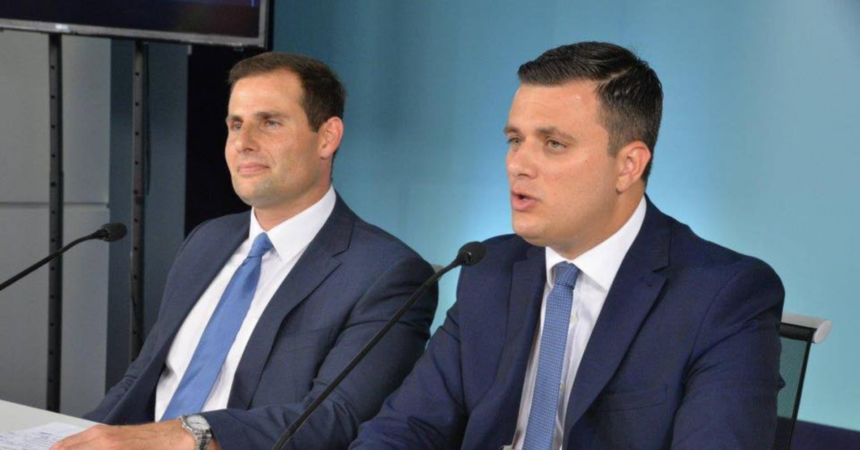The 1996 Security Services Act, which allows for Malta’s secret services to intercept telecommunications in the national interest, has not been updated in almost 30 years as its deficiencies repeatedly show in court, despite repeated calls for the introduction of safeguards.
Last Thursday, Judge Toni Abela called for the law to be revisited whilst hearing a case which saw the security services intercepting the telephone calls of individuals involved in a drug smuggling scheme from inside Corradino prison 22 years ago.
The law as it currently stands allows for Malta’s secret services to intercept telecommunications when it is deemed in the national interest, only requiring a mandate by the Home Affairs Minister, currently Byron Camilleri, with no judicial or independent oversight.
Last Thursday, lawyer Franco Debono representing Charles Steven Muscat – whose intercepted telephone communications in part resulted in criminal charges being issued against 19 individuals – successfully argued for the evidence gathered for the phone tapping to be dismissed claiming Muscat’s rights had been breached.
Prof. Joseph Cannataci in his capacity as UN Special Rapporteur for the right to privacy had called upon the government to amend the law on at least two separate occasions, providing detailed recommendations on how this may be achieved, once in December 2019 and again in April 2021.
In his latest letter, Prof. Cannataci also noted how, given that Malta had signed a Council of Europe treaty on a ‘Protocol amending the Convention for the Protection of Individuals with Regard to Automatic Processing of Personal Data (CETS No. 233),’ it was bound to implement specific changes to the legislation by October 2023.
Answering questions from The Shift, Prof. Joseph Cannataci said that “It should be clear from the information which has long been in the public domain, that Malta’s Government has been sitting on a set of comprehensive recommendations for more than two years,” further commenting that had these recommendations been implemented, Judge Abela would not have had to call for the law to be revisited in the Muscat judgement delivered last week.
When asked by The Shift, Prof. Cannataci agreed that given advances in telecommunications technology since the law’s introduction in 1996, there is more potential for its abuse in its current form.
Prof. Cannataci’s recommendations included the introduction of an independent oversight board in the form of a Security Service Oversight Board or an Intelligence & Surveillance Oversight Board along with the introduction of a Security Commissioner and a Security Committee as part of the House of Representatives.
The outdated 1996 law has been challenged in court multiple times, with varying degrees of success.
In June 2018, the legal defence for alleged drug smuggler Joseph Lebrun, who had also been represented by Franco Debono, challenged the legality of the law by filing a constitutional application against the Attorney General, the Commissioner of Police, the Minister of Interior and National Security and the Head of the Security Services, arguing a breach to Lebrun’s fundamental right to a fair hearing.
In November 2011, Debono had called for reform in the system, presenting in Parliament a private members’ motion suggesting that warrants for MSS interceptions be issued by an investigative or judicial authority rather than a minister’s political, executive one.
The law was challenged again in October 2021, convicted Daphne Caruana Galzia murderer George Degiorgio was awarded €10,000 in damages after the Malta Security Services tapped his phone without the required legal oversight, as argued by his lawyer William Cuschieri.













Sitting on.
Forgot the h.
Precedents have shown that recording individuals without any judge supervision lead to the recording of journalists and political opponents.
As Daphné was recorded, be sure it’s institutionalized.
A fantastic present from Abela to all criminals, specially to Fenech and drug dealers, a sabotage of the corpus juris organized by the State itself.